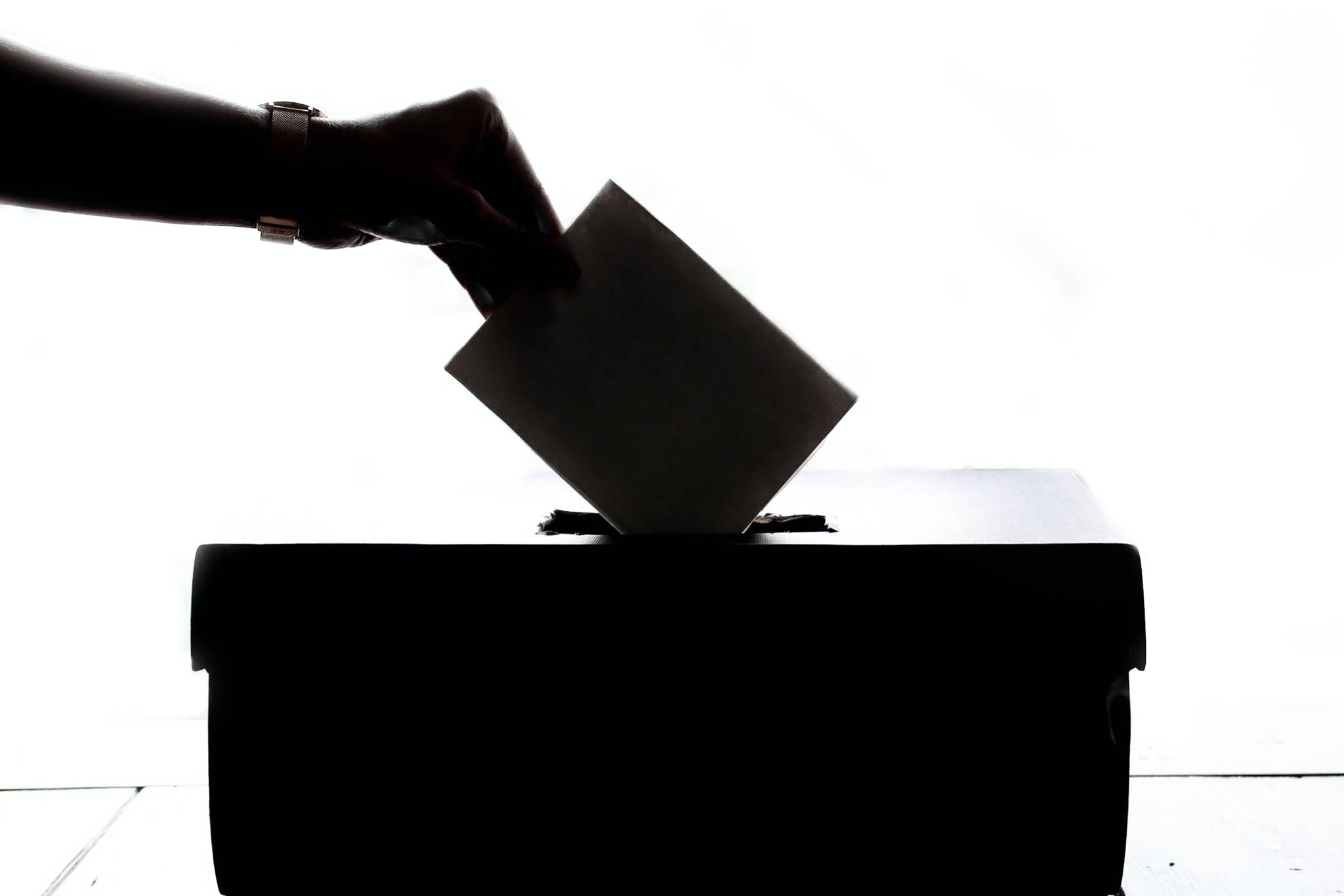Proposition 1 focuses only on maximizing revenue and fails to appreciate a balanced approach to taxation that can contribute to the state over an extended period.
The proposition takes the approach of “grab it while you can” and ignores an alternative of a continuous and ongoing revenue stream. Under a balanced approach, lower tax rates and credits may reduce short-term revenue, but at the same time, provide incentives for new and future production.
Ongoing production even at lower tax rates provides royalties to the state that usually amount to one-eighth or more of the production volume or value. Royalties are the contractual obligation of a lessee to the state for the production of the state’s oil and gas and are different from the tax obligation.
Tax credits and deductions can be considered an investment by government to promote business activity and increased revenue. Although some past tax credits were a cost to the state with little or no state revenue benefit, oil and gas production incentives have resulted in finding new reserves and increasing petroleum production in Cook Inlet and the North Slope.
Cook Inlet production has benefited users of Cook Inlet natural gas and new production from the North Slope is feeding into the pipeline.
Oil and gas are nonrenewable resources. Petroleum resources differ from renewable resources in which more trees or grain can be planted, fish hatched, or hydro projects built. As a nonrenewable resource, all the oil and gas that will eventually be produced in Alaska is sitting in the ground right now. After years of production, incentives are necessary to encourage exploration for previously undiscovered oil and gas deposits and for the development and support of enhanced recovery technology to make previously uneconomic reserves worthwhile to produce.
We have already produced from the most easily located and economically advantageous reserves — the low-hanging fruit of the resource. We need to figure out the best ways to ensure future production and a reliable revenue stream to the state. We cannot grab it while we can and be like the farmer who has a great goose dinner and later wonders what happened to the golden eggs.
Alaska likely has the lowest point-of-production values in the United States because of the distances to markets and transportation costs.
The value of the oil and gas where it is produced is the basis for determining the amount of royalty and tax revenue the state will receive. The relatively low value at the point-of-production in Alaska compared to other areas in the U.S. and the world, and the extraordinary exploration, production and development costs in the state are major disincentives to investing in Alaska. At some point, adding higher taxes makes a decision not to invest here easier to justify to shareholders.
The number of barrels that represents the lowest volume of oil that can support the operation of the Trans-Alaska Pipeline System has been debated for the purposes of estimating the life of the pipeline and the tariffs necessary to support its operation. As production declines and oil available to TAPS declines, a combination of physics and economics will at some point bring an end to TAPS. The debate over the minimum throughput will eventually be resolved as production declines. At that point, the pipeline will be shut down and dismantled. If Proposition 1 passes, we may find out sooner rather than later that point at which TAPS can no longer operate.
I am not inferring that our oil and gas tax laws cannot be improved. Tax laws are just like any other law that can be amended as necessary in the best interest of the state. Studying how a tax law provides revenue to the state and whether the burden on a taxpayer is constitutionally reasonable can be helpful in refining revenue laws. However, the Legislature is the best forum for considering tax changes, particularly to a complicated tax that is the economic lifeblood of the state.
Keep the oil and gas industry and jobs in Alaska for the long term. For the good of Alaska and the future of the state, please vote no on Proposition 1.
Don Bullock is a retired lawyer who previously worked for the State of Alaska and testified before the Alaska Legislature on oil and gas matters.
• By Don Bullock


